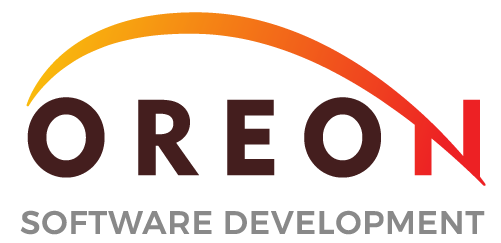Development Services
- Bespoke Software Development Solutions
- Software Development Consultancy Services
- Enterprise Web Development
- Web UI/UX Design and Development
- Mobil Application Development Services
- Legacy Software Migration and Modernization
- Performance Issues And Optimisation Services
- Business Process Menagement(BPM)
- Blockchain and Cryptocurrency
- Remote Dedicated Team as a Service
Devops And cloud Services
- Performance Issues And Optimisations
- Devops Consultancy
- Cloud Infrastructure and Migration Services
- CI/CD Consultancy Services
- Infrastructure as Code Implementation Services
- Observability and Monitoring Consultancy Services
- Containerisation, Orchestration, and Management Services
- Site Reliability Engineering (SRE) Consulting Services
About Us
- Our Quality Policy
- Cookies Policy
- Help & FAQ
- 71-75 Shelton Street, Covent Garden, London, England, WC2H 9JQ
- [email protected]
- CN: 11935260
- VAT: 346602407
